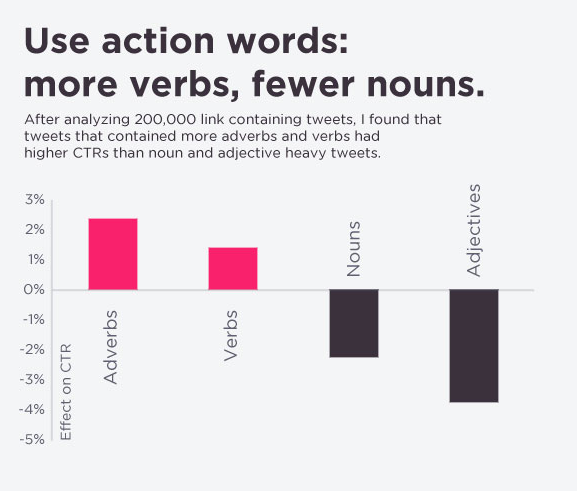Bile, venom and lies: How I was trolled on the Internet, by Fareed Zaharia
Jared Sperli stashed this in internet
Stashed in: Twitter!, Teh Internets, Social Media, Awesome, New Yorker, Echo Chambers!, Trolling!, Social Media
We now live in an age in which that education takes place mostly through relatively new platforms.
Social networks — Facebook, Twitter, Instagram, etc. — are the main mechanisms by which people receive and share facts, ideas and opinions. But what if they encourage misinformation, rumors and lies?
In a comprehensive new study of Facebook that analyzed posts made between 2010 and 2014, a group of scholars found that people mainly shared information that confirmed their prejudices, paying little attention to facts and veracity. (Hat tip to Cass Sunstein, the leading expert on this topic.) The result, the report says, is the “proliferation of biased narratives fomented by unsubstantiated rumors, mistrust and paranoia.” The authors specifically studied trolling — the creation of highly provocative, often false information, with the hope of spreading it widely. The report says that “many mechanisms cause false information to gain acceptance, which in turn generate false beliefs that, once adopted by an individual, are highly resistant to correction.”
Twitter is the ideal echo chamber for trolls:
In my own experience, conversations on Facebook are somewhat more civil, because people generally have to reveal their identities. But on Twitter and in other places — the online comments section of The Post, for example — people can be anonymous or have pseudonyms. And that is where bile and venom flow freely. The Post’s Dana Milbank recently quoted a tweet about a column of his that said, “Let’s not mince words: Milbank is an anti-white parasite and a bigoted kike supremacist.” The comments about me were often nastier.
Elizabeth Kolbert, writing in the New Yorker, recalled an experiment performed by two psychologists in 1970. They divided students into two groups based on their answers to a questionnaire: high prejudice and low prejudice. Each group was told to discuss controversial issues such as school busing and integrated housing. Then the questions were asked again. “The surveys revealed a striking pattern,” Kolbert noted. “Simply by talking to one another, the bigoted students had become more bigoted and the tolerant more tolerant.” This “group polarization” is now taking place at hyper speed, around the world. It is how radicalization happens and extremism spreads.
I love social media. But somehow we have to help create better mechanisms in it to distinguish between fact and falsehood. No matter how passionate people are, no matter how cleverly they can blog or tweet or troll, no matter how viral things get, lies are still lies.
Read more from Fareed Zakaria’s archive, follow him on Twitter or subscribe to his updates on Facebook.
Read more on this topic:
Catherine Rampell: Why does it take a famous father to stop cyber-trolls?
Former Reddit CEO Ellen Pao: The trolls are winning the battle for the Internet
Daniel W. Drezner: Dow trolling could become the new language of diplomacy
Anne Applebaum: Another reason to avoid reading the comments










6:44 PM Jan 16 2016